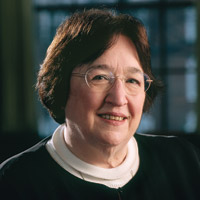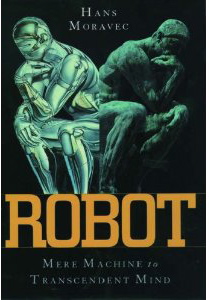I very much admire and agree with the comment made by my daughter, Emily Cotler, about a photo taken by her friend, Lisa Boscia Bouillerce.
Wow.
I imagine myself in ancient Athens, or ancient Wales, or some other place thick with polytheistic mythology…
Looking at this, of course that’s a Sun God, or some ominous portent, the story of which will help shape the moral compass of my village.
Sometimes it’s just less rich to live in a post-modern, monotheistic society where something as beautiful as this can be explained in a quick Google search or an unearthed mental fragment from a college class of distant past… Crepuscular rays, every magical aspect of which can be explained by science…




 “With the coming of the Industrial Revolution, craftsmanship dissolved miserably into creativity.” In his shop beside the flour mill, the cooper spoke flatly and firmly, with no correction possible.
“With the coming of the Industrial Revolution, craftsmanship dissolved miserably into creativity.” In his shop beside the flour mill, the cooper spoke flatly and firmly, with no correction possible.
 “It is the private trading of complex instruments that lurk in the financial shadows that worries regulators and Wall Street and that [has] created stresses in the broader economy. Economic downturns and panics have occurred before, of course. Few, however, have posed such a serious threat to the entire financial system that regulators have responded as if they were confronting a potential epidemic.”
“It is the private trading of complex instruments that lurk in the financial shadows that worries regulators and Wall Street and that [has] created stresses in the broader economy. Economic downturns and panics have occurred before, of course. Few, however, have posed such a serious threat to the entire financial system that regulators have responded as if they were confronting a potential epidemic.”